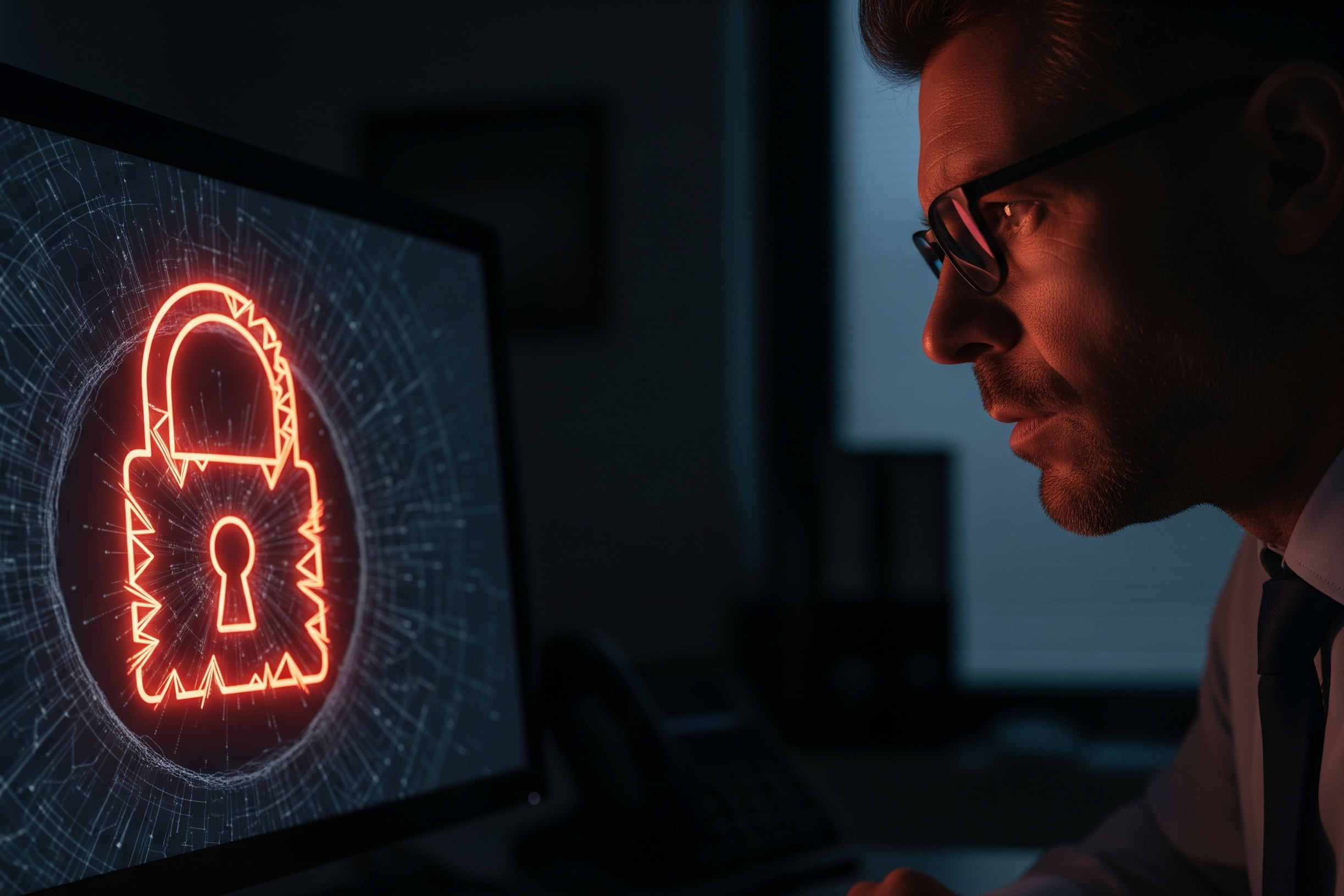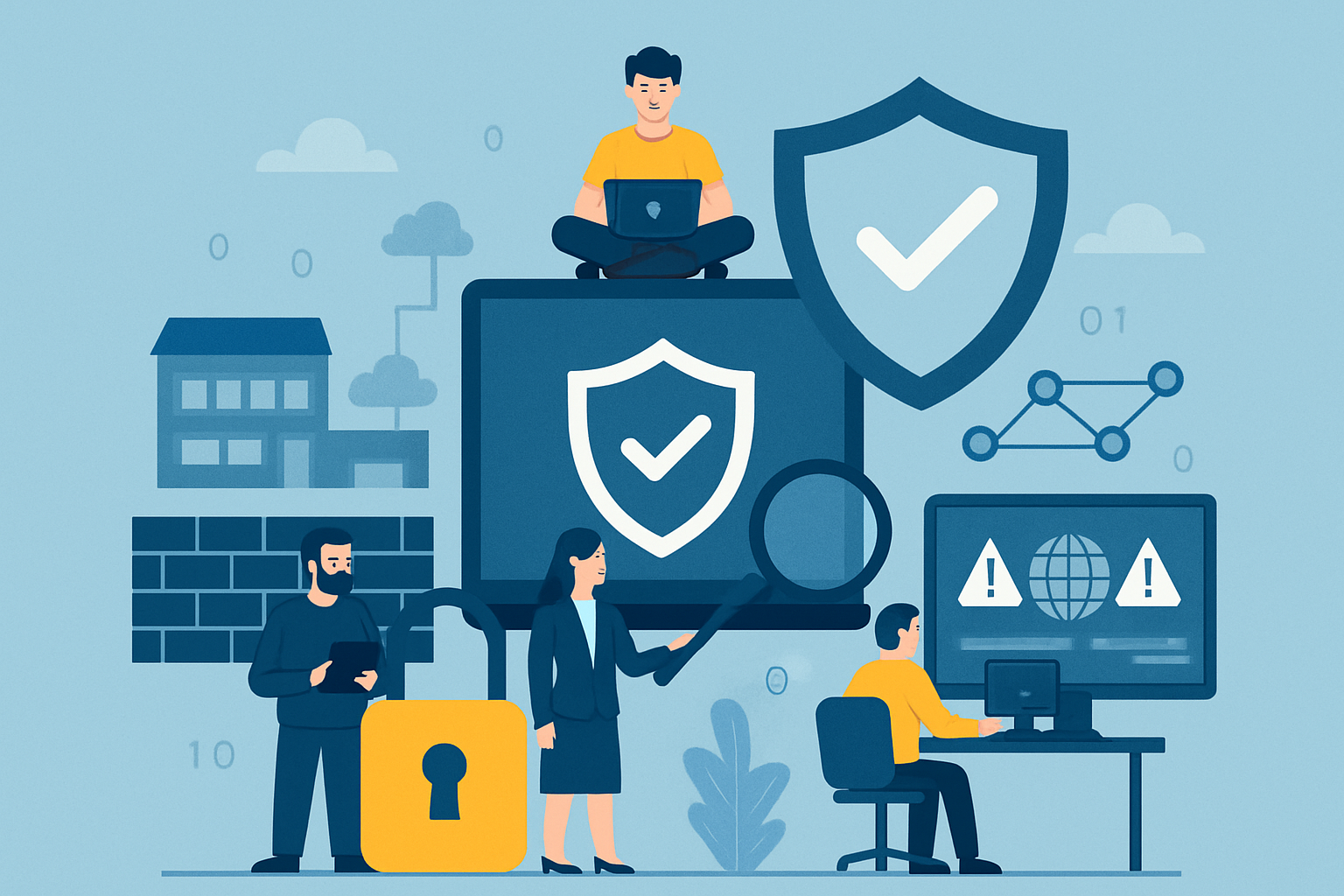How to Check for a Data Breach on the Dark Web

You may hear it in the news all the time with data leaks, ransomware attacks, customer information being sold online. Most people assume it’s a big-business problem. But here’s the truth: small and medium businesses (SMBs) are now prime targets for cyber attacks.
Why? Because many lack strong defences, but still hold valuable data as the perfect combination for attackers.
Check if data has been exposed
The dark web is a hidden part of the internet where stolen data is often bought and sold. This includes email credentials, login details, customer records, even full business documents. Thankfully, you don’t need to hire a hacker to see if you’ve been compromised. There are free, safe tools that let you check for yourself.
Free Tools to Check for a Dark Web Data Breach
- Firefox Monitor
Run by Mozilla, it offers alerts for future data breaches affecting your email. - Google Workspace Security Check-up
For businesses using Google Workspace, the admin console can flag suspicious activity, unsecure logins, and missing 2FA settings.
What To Do If Data Has Been Leaked
- Immediately change the password for the affected accounts.
- If you’ve reused the same password elsewhere, change those as well.
- Enable multi-factor authentication (MFA) wherever possible.
- Lock or monitor the compromised account.
- Conduct a wider internal security check to rule out deeper breaches.
The Reality for SMBs: We don’t have a dedicated IT team
This is common and attackers know it. That’s why reactive cybersecurity often comes too late. Instead, the most effective approach is lightweight, proactive protection and knowing your options early.

Real-World Cybersecurity Solutions for SMBs
MCG Computer offers practical, cost-effective cybersecurity solutions tailored to SMBs. Here’s what that could include:
- SMBGuard: Enterprise-grade protection, made affordable for smaller businesses.
- EDR (Endpoint Detection & Response): Real-time threat detection and auto-response across devices.
- XDR (Extended Detection & Response): Unified security across emails, networks, cloud and apps.
- 24/7 SOC (Security Operations Centre): Continuous expert monitoring and rapid response.
Remember: prevention is always easier than recovery!
If you’d like a quick chat about your current security posture,
Let our team guide you with expert IT support.
